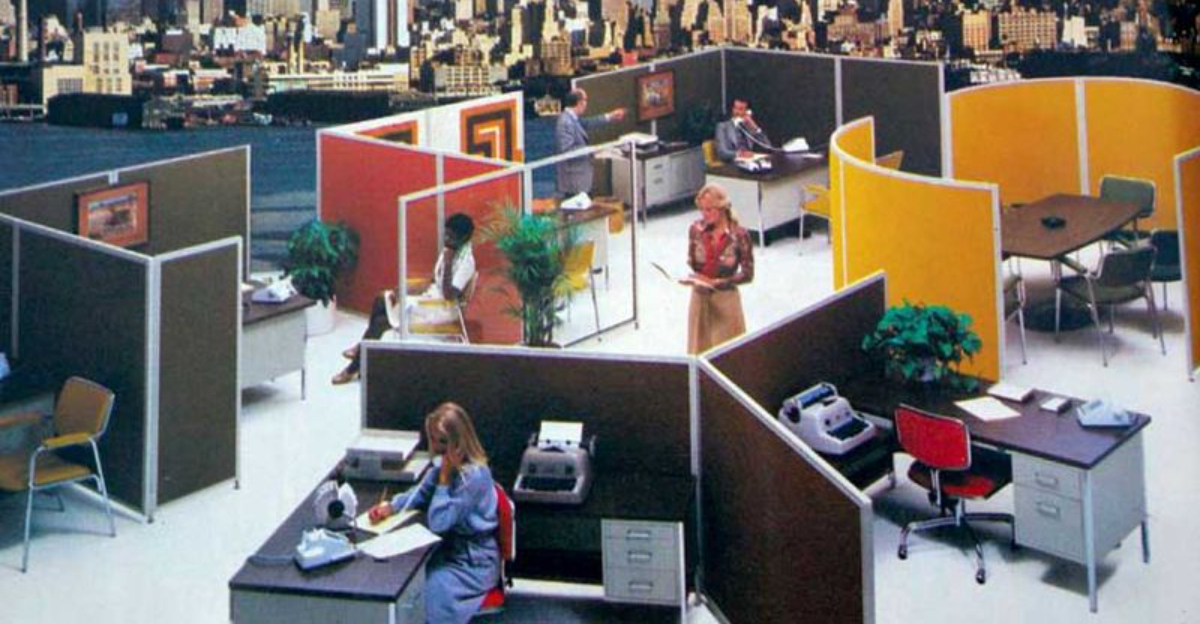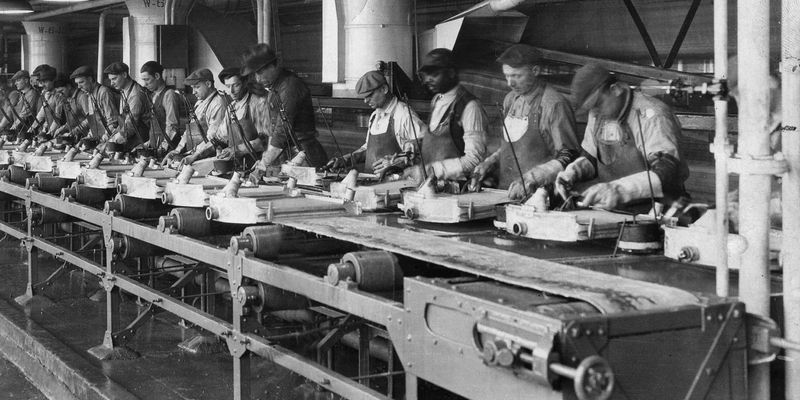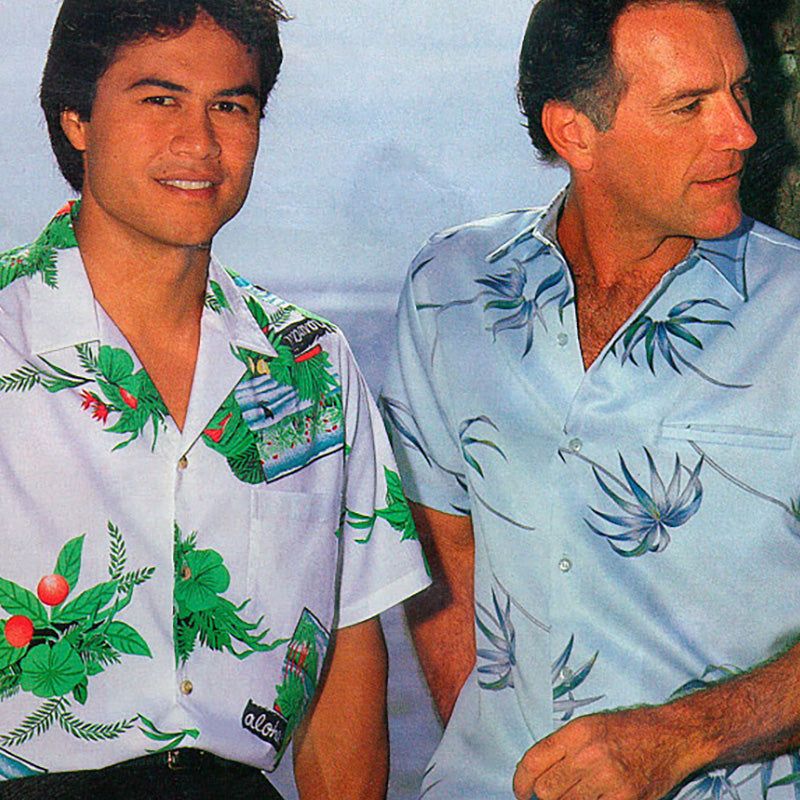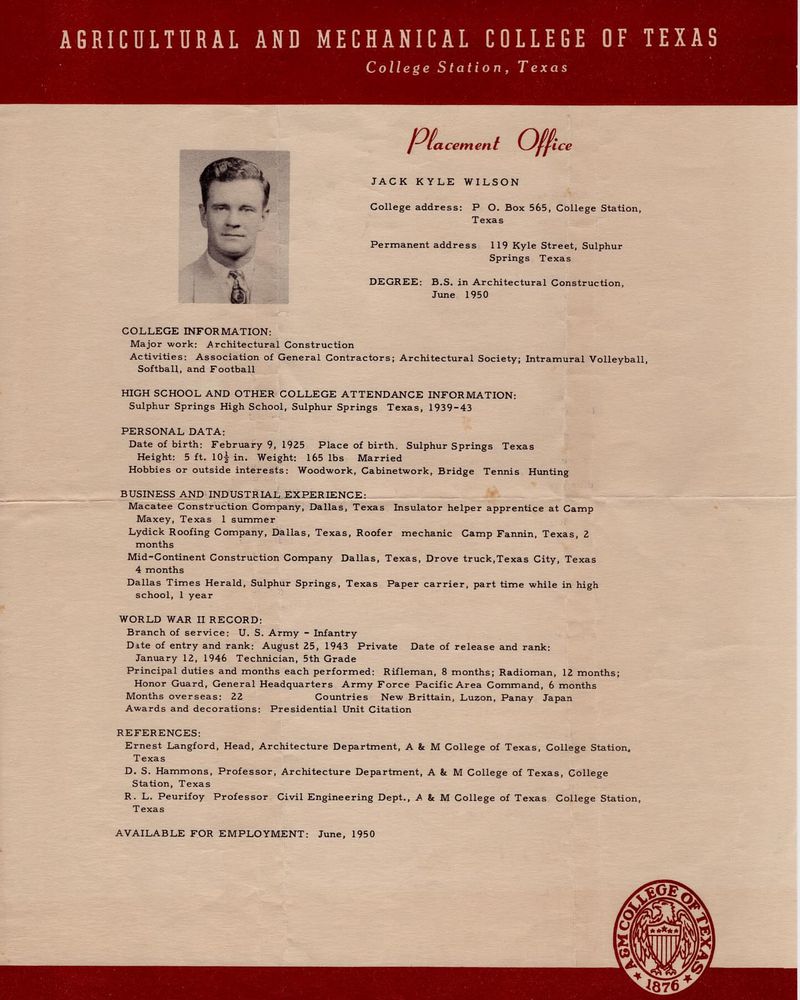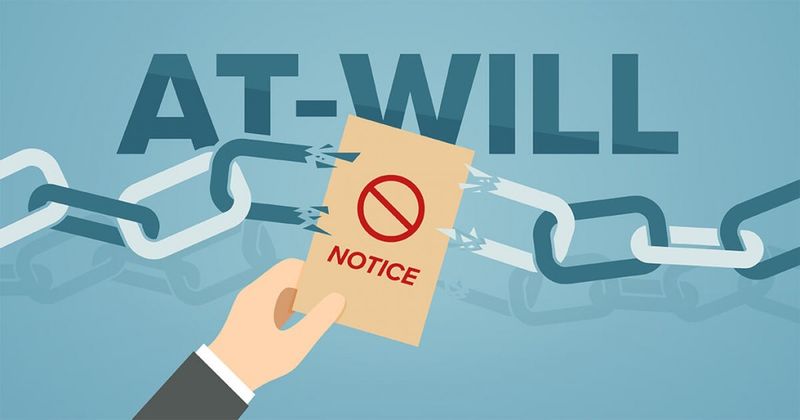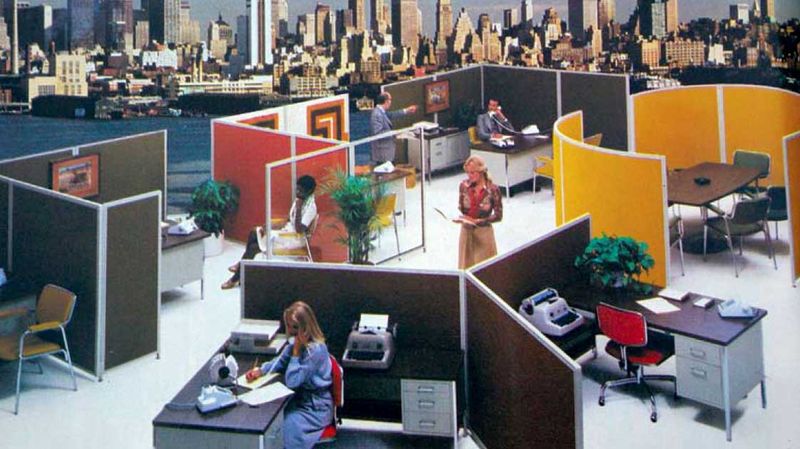Think you know everything about American work culture? Think again. From handshake histories to eyebrow-raising benefits, U.S. job traditions come with more quirks than you might expect. Here are some surprising facts that just might blow your mind—or at least make you do a double take at your office coffee machine.
1. The 40-Hour Workweek Wasn’t Always the Norm
The standard 9-to-5 grind wasn’t official until the Fair Labor Standards Act of 1938. Before that, it wasn’t unusual for workers to pull 100-hour weeks. Weekends weren’t even a thing.
Workers toiled relentlessly, and a 40-hour week was a distant dream. This change revolutionized the American workforce, shaping the modern office as we know it.
2. “Casual Friday” Started in Hawaii
Aloha shirts aren’t just for tourists. The tradition of dressing down at the end of the workweek started in Hawaii in the 1960s, thanks to the “Aloha Friday” movement. This laid-back approach slowly spread to the mainland and became a staple in U.S. offices.
Casual Friday now symbolizes a welcome break from the usual corporate attire.
3. Paid Vacation Isn’t Guaranteed by Law
Unlike many other developed countries, the U.S. doesn’t mandate paid vacation days. Whether you get time off depends entirely on your employer’s generosity. For some, this means negotiations akin to a chess game, strategizing every move to secure that precious time off. It’s a stark contrast to nations where vacations are a given, highlighting the unique dynamics of American work contracts.
4. The Resume Has Been Around Longer Than You Think
Resumes date back to Leonardo da Vinci, but in the U.S., they didn’t become common until the 1950s. Before that, people just walked in and asked for a job—no paper trail needed.
The rise of resumes marked a shift towards documentation and formal qualifications.
5. Tipping Culture Seeps Into Jobs, Too
In the U.S., some employees in restaurants and hospitality earn below minimum wage because tips are expected to make up the difference. It’s a system few countries adopt and it often stirs heated debate. This practice creates a unique dynamic between service staff and patrons, where the quality of service directly impacts earnings. Love it or hate it, tipping remains a deeply ingrained part of American work culture.
6. “At-Will” Employment Can Be a Shock
Most U.S. workers can be fired at any time for almost any reason—without warning. While this offers flexibility, it also means job security is more fragile than in many other nations. The concept of ‘at-will’ employment is both liberating and daunting, fostering an environment where adaptability is key. Employees navigate this landscape with caution, ever aware of the delicate balance between freedom and stability.
7. Job Hopping Is No Longer a Red Flag
Switching jobs every few years used to look bad on a resume. Today, it’s often seen as ambition. Especially in tech and creative industries, frequent moves are considered smart career growth.
This shift reflects the evolving nature of work, where versatility and experience in diverse roles are prized.
8. Office Cubicles Were Originally Meant to Free People
The inventor of the cubicle imagined an open, flexible space that empowered workers. Instead, companies used it to cram more people into less space. Irony at its finest. What began as a vision for freedom became synonymous with monotony, a tale of innovation twisted by practicality. These partitions tell a story of unintended consequences in the quest for efficiency.
9. Work Perks Can Get Wild
Free meals, nap pods, and pet-friendly offices might sound like Silicon Valley clichés, but they’re part of a growing trend to make work feel more like home. Some even offer house-cleaning services!
These perks reflect a shift towards employee-centric environments, fostering creativity and productivity.
10. Americans Love Their Job Titles
Job titles in the U.S. can be surprisingly creative. From “Chief Happiness Officer” to “Digital Overlord,” quirky titles reflect how much value American work culture places on individuality and branding.
These inventive titles add a touch of whimsy to the professional world, emphasizing the importance of standing out in a crowded market.
